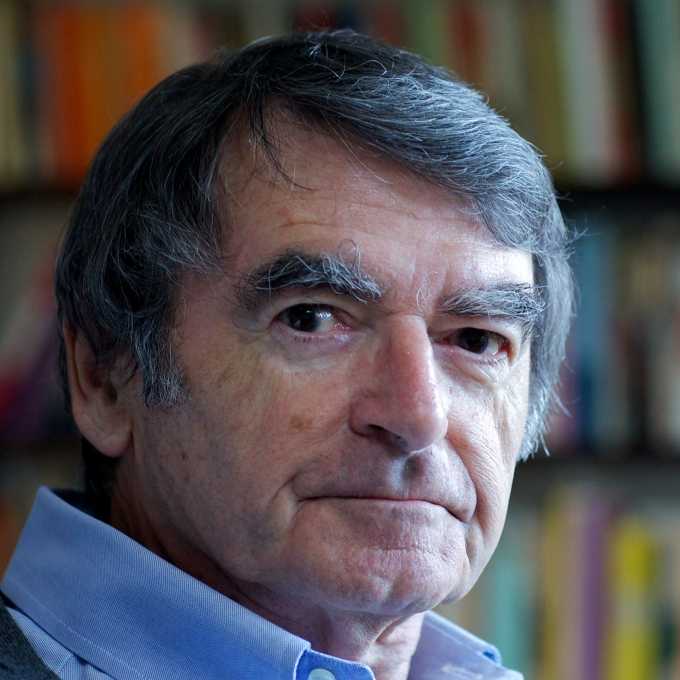



Helen Reed, the protagonist of Thinks . . . , is a novelist visiting at the Centre for Cognitive Science in the imaginary British Gloucester University. Her relationship with the Centre’s director Ralph Messenger gives Lodge the occasion to explore the nature of the human self and consciousness. In one of their first encounters, Helen skeptically remarks that consciousness is “the thing at the moment” among cognitive scientists, who consider it a “‘problem’ which has to be ‘solved’” (Lodge 2001, 61).
The challenge for Helen is how to assimilate the neurocognitive perspective while keeping consciousness as that which enables a sense of personal identity and, therefore, as appropriate material for literary creation.

About the book
David Lodge's novels have earned comparisons to those of John Updike and Philip Roth and established him as "a cult figure on both sides of the Atlantic" (The New York Times). Thinks . . . , his witty new novel about secret infidelities and the nature of consciousness, unfolds in the alternating voices of Ralph Messenger, director of the Centre for Cognitive Science at the University of Gloucester, and Helen Reed, a novelist and writer in residence at the university. Mutually attracted, the two end up in a moral standoff that is shattered by events that dramatically confirm the truth of Ralph's dictum: "we can never know for certain what another person is thinking." - Goodreads

Professor David Lodge is a graduate and Honorary Fellow of University College London. He is also a s...

Inspired by the homonymous book by Fernando Vidal and Francisco Ortega, this timespace presents the authors' genealogy of the cerebral subject and the influence of the neurological discourse in human sciences, mental health and culture.